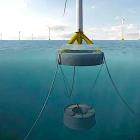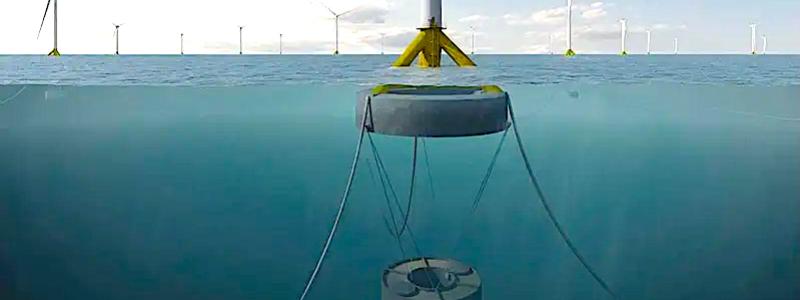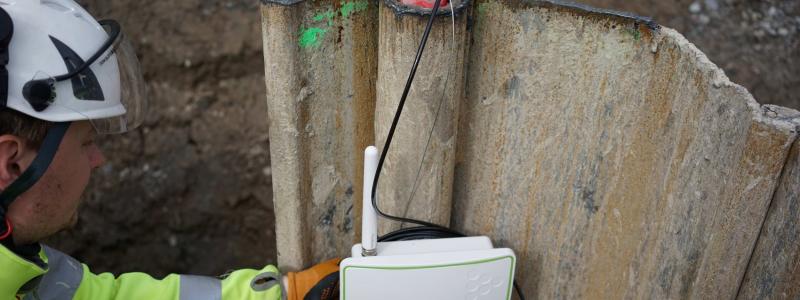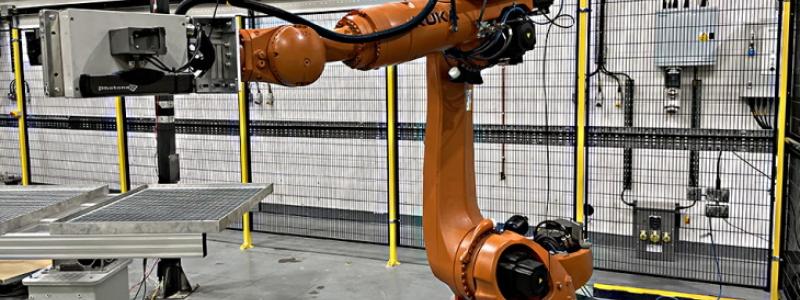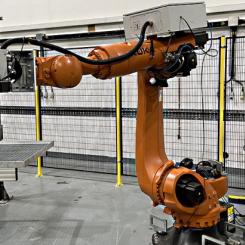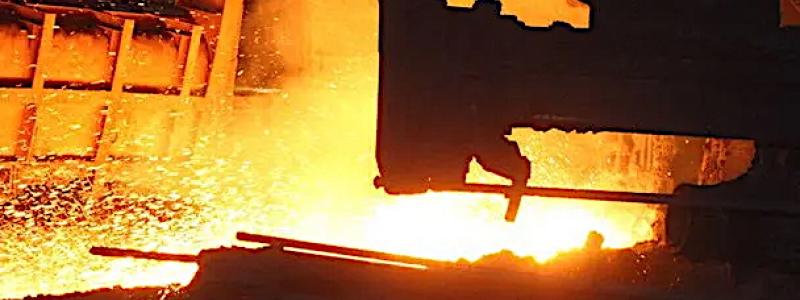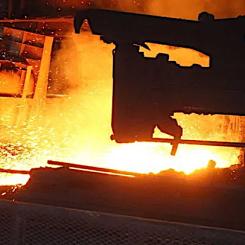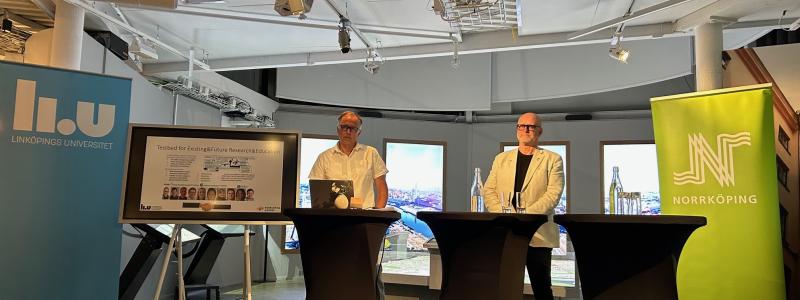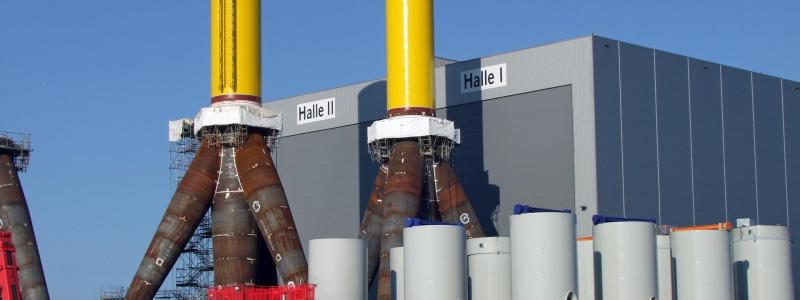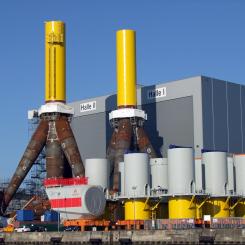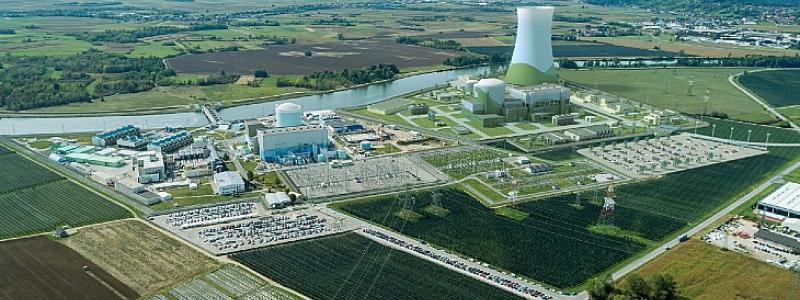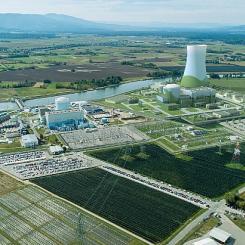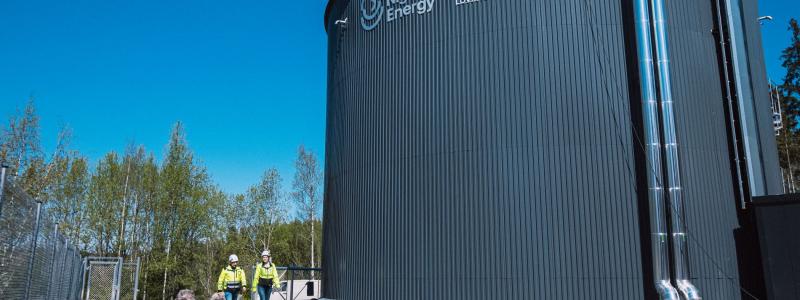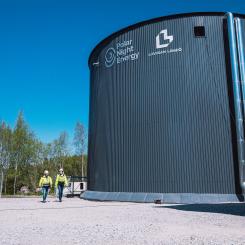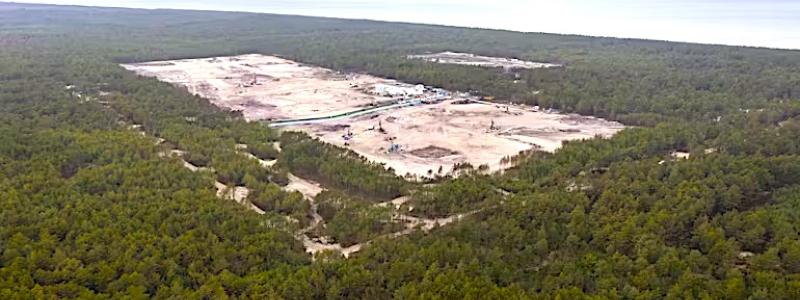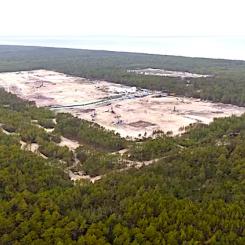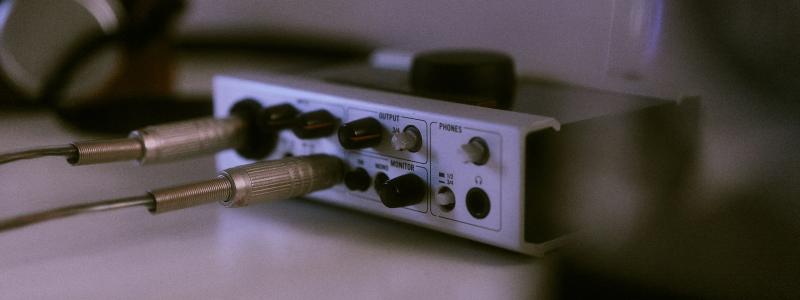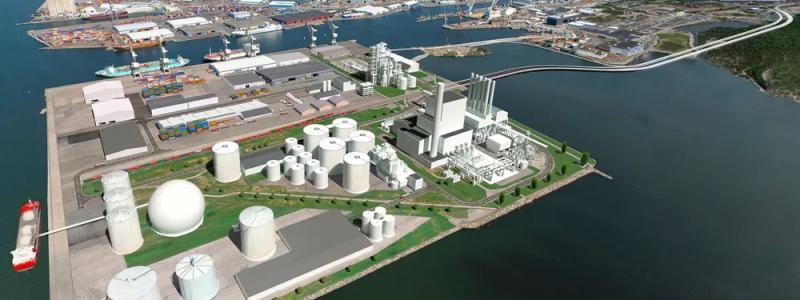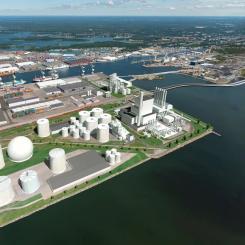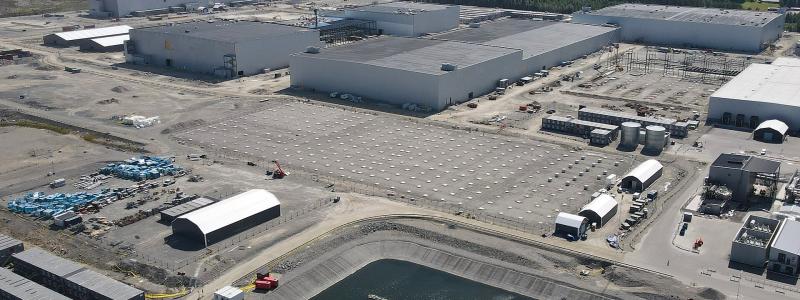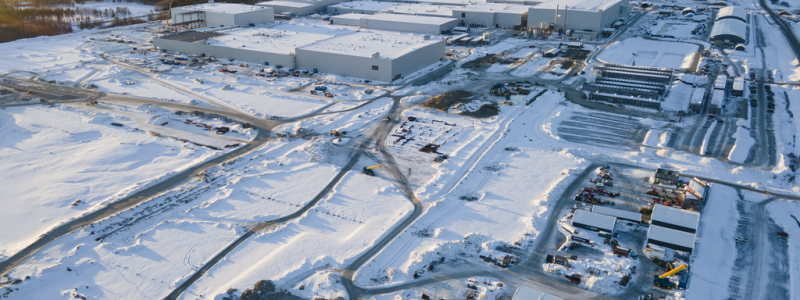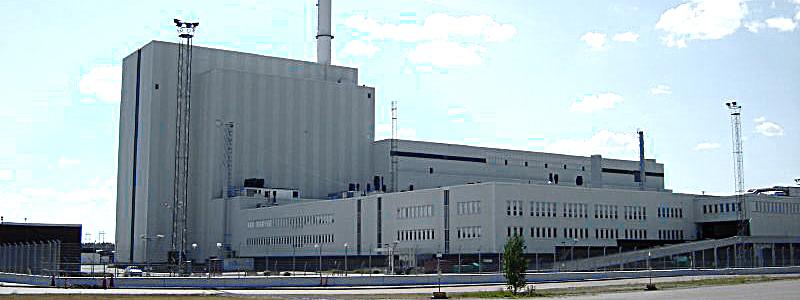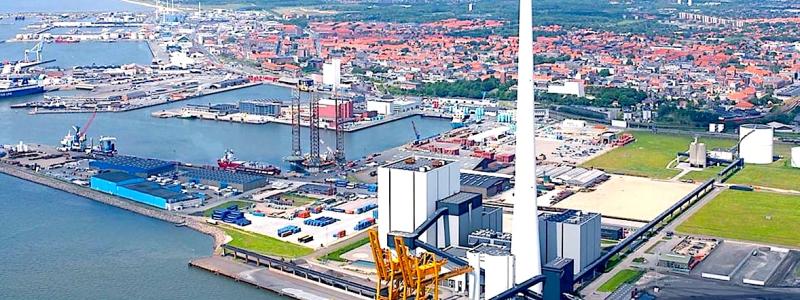Mercer International Inc. recently announced that it has completed a preliminary feasibility analysis for its Celgar and Stendal mills with respect to enhancing their operations and margins. In addition to other enhancements, the preliminary analysis identified that, for a capital cost of approximately $30 to $40 million per mill, they could have the capacity to produce NBSK pulp, as currently, and dissolving pulp ("DP") when market conditions are favourable. The enhancements would permit the mills to become "swing mills", capable of swinging production from NBSK pulp to DP to opportunistically maximize realizations. DP is a high grade specialty product that commands premium pricing relative to NBSK. It is used for, among other things, rayon, a renewable textile fiber that is a substitute for cotton, and other fossil fuel derived synthetic fibers.
Initially the Company would most likely implement the project at one mill. As part of a final technical and feasibility study, the Company is implementing a process to select which mill and timing. Factors affecting mill selection will include levels of government support and technical limitations. A potential technical limitation has been identified for Celgar due to the mill’s use of a continuous digester, while no technical limitations have been identified at Stendal as it employs super batch digesters.
Mr. Jimmy S.H. Lee, President and Chairman, commented: "This is an exciting potential opportunity that would position us to be a significant "swing producer", capable of shifting some production to capture the best possible margins. Dissolving pulp is experiencing a very robust market and while a pullback in pricing is expected, the long term outlook is quite promising. This opportunity is only possible because of the capabilities of our large modern mills. This project would not change our core commitment to NBSK pulp but will let us further realize upon our mills' strengths. We believe that we will be able to take further advantage of the excess energy produced from DP to increase our power generating capacity and enhance electricity revenues." Currently, the Company is supplying small quantities of standard grade NBSK to DP/Cotton Linter end users for substitution. Previously, the Company had done trials with a large European textile group on a refined grade of NBSK capable of being a substitute for up to 15% of the DP input used in rayon production and is planning to introduce this grade into the market. This grade is not a dissolving pulp grade and does not require any modifications to our existing equipment.
The Company expects to complete a final technical and feasibility study and make a decision on proceeding in mid-2011. At this time, the analysis is preliminary and there can be no assurance that the project will proceed as currently set out or at all.




